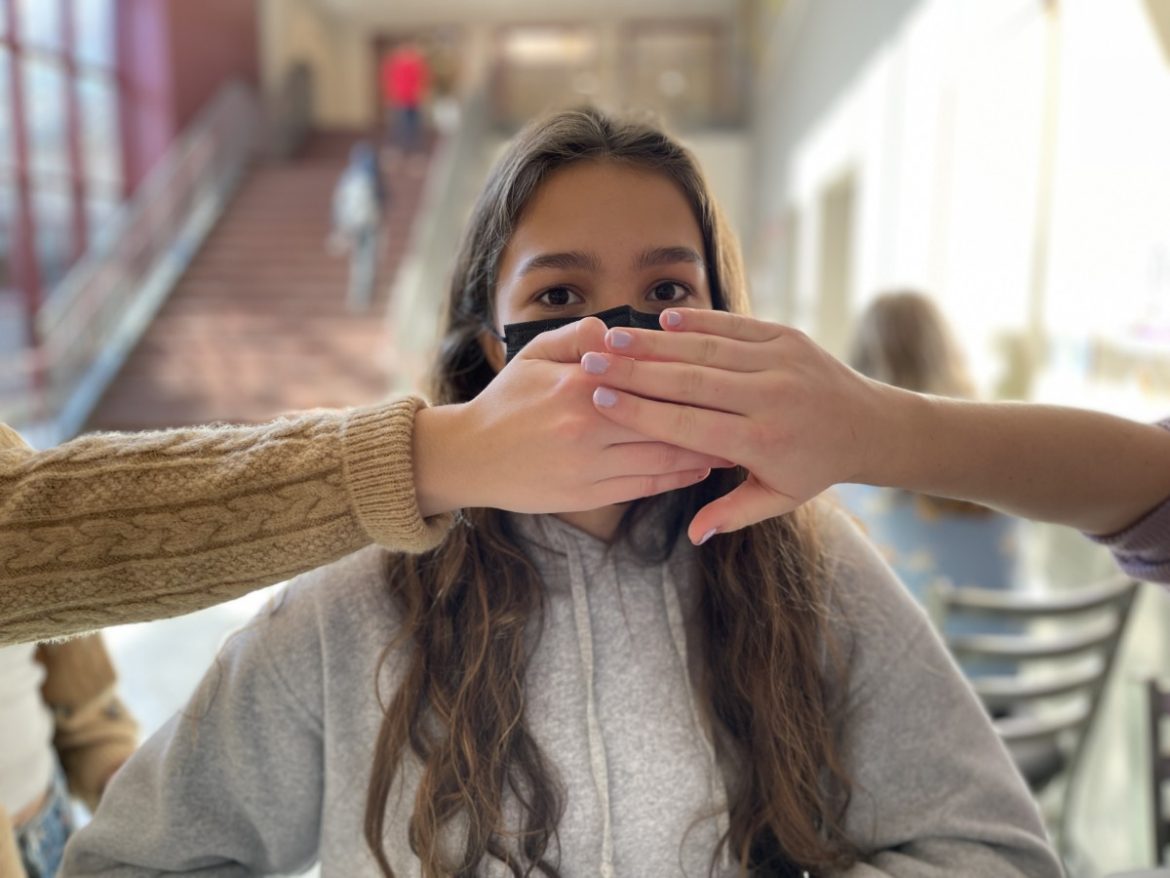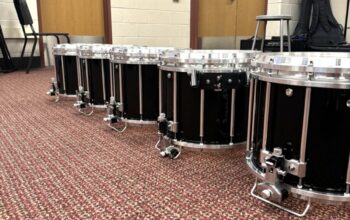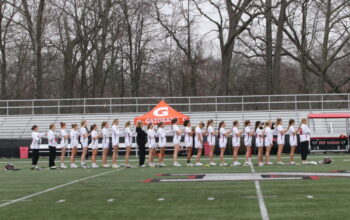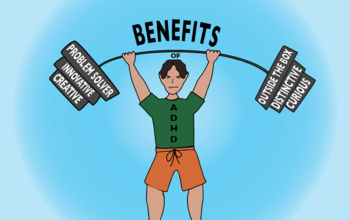Julie Song, Editor-in-Chief
@juliescourant
They say politics makes bad dinner conversation, but in a classroom, I’d argue that stimulating and provocative discourse deserves a seat at the table. However nowadays, when talk turns political or controversial, kids go silent, fearful of being perceived politically one way, fearful of being called annoying or uninformed. Indeed, it’s a scary thing to use your voice, to possibly be wrong in a society that loves to flame the fire, but frankly, we need that diversity of thought more than ever.
High schoolers nowadays grew up in an era of politics married to social media that fed on conflict, confusion, and opinion. A place where the loudest and edgiest got attention from those confused or angry with their reality. We still live in that environment today, where polarizing views get views. Unfortunately, when the loudest are given attention and sensationalization, they also become leaders of thought, and during their grandstanding, they can sow the political seed as they see fit, which is often deeper and deeper into the more provocative material that will succeed on social media: racism, xenophobia, and cancel culture, to name a few directions either side of the political spectrum may head in. The danger in this is of course that there are people who themselves become more polarized by watching and being recommended such inflammatory content, but also for those with opposing views, those loudest and edgiest become reasons to invalidate the opposing side. Seeing only the worst and extremist versions of our negators makes it easy for us to believe we’re right and that the other side is obviously stupid and wrong, therefore also subject to criticism and ridicule.
So we live in a politically fragile environment then, one where the extremists have morally screwed over their parties of thought. The debate ends when insults begin, which is almost instantly. However, there is the benefit that our opinions are mobilized, able to be shared instantly and in a powerful way.
This reflects in our classrooms, where teachers are urging kids to speak up, speak their mind and contribute to a broader conversation. Especially in english, government, history, or economics classes, which are chock full of political hotbeds. Some have taken to sharing easily, but for others it’s quite difficult since to speak on anything that might be considered political is a slippery slope. Others are waiting for you to slip, to catch a hint of your political alignment then make assumptions on your morals or personality. And similarly, there’s also the byproduct that the toxicity of it all has turned a lot of kids off of political discourse. As if the idea of politics, controversy, and opinion is a plague to be avoided and disengaged with. Seemingly, our upbringing with social media and politics has left a bad taste in our mouths, silencing some.
Yet, a classroom should be a place where teenagers are able to explore their beliefs. You’re allowed to not be completely informed, ask questions that might be ignorant, especially when it comes to politics and the world outside, without having to worry that your classmates are going to make fun of you once the bell rings. Teenagers already worry enough about how they’ll be perceived, lest their political and moral alignment be something else they add to the list.
However, it’s in these personal interactions and conversations that we’re able to have vivid and tangible connections to opposing views, understand different sides of the spectrum that we may have become comfortable within, or for those who haven’t fully discovered their ideals, might experience and listen. And through asking basic questions about the systems we function within, maybe we can reach a better understanding of them.
It’s daunting and vulnerable, but participation and expression of opinions is vital, not only for the upkeep of the student discussion in classrooms, but also for the health of our future political landscape.




